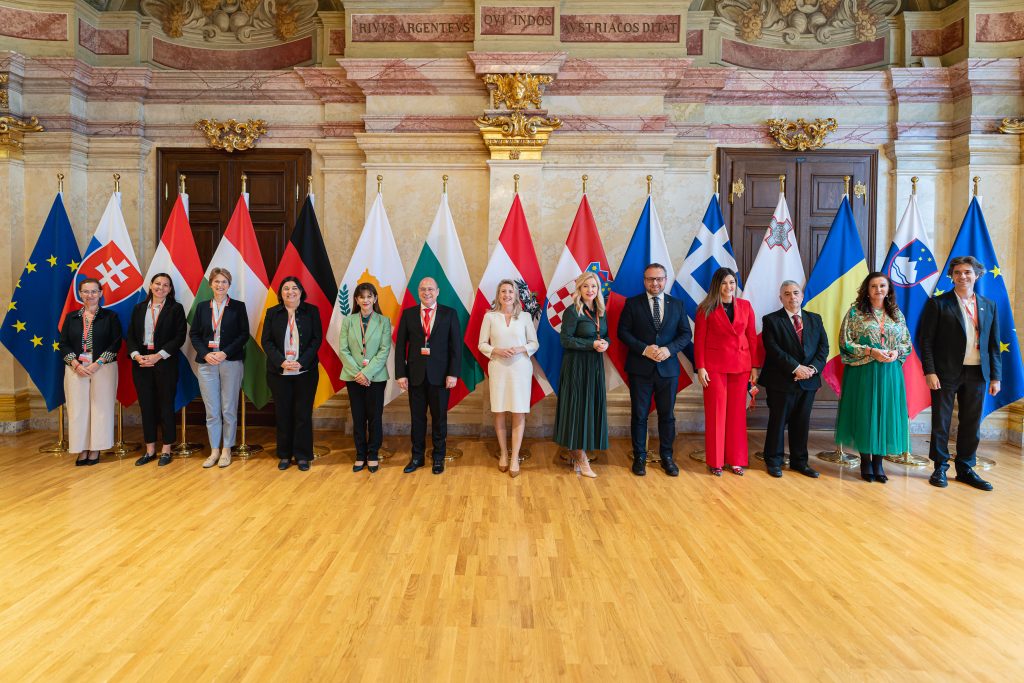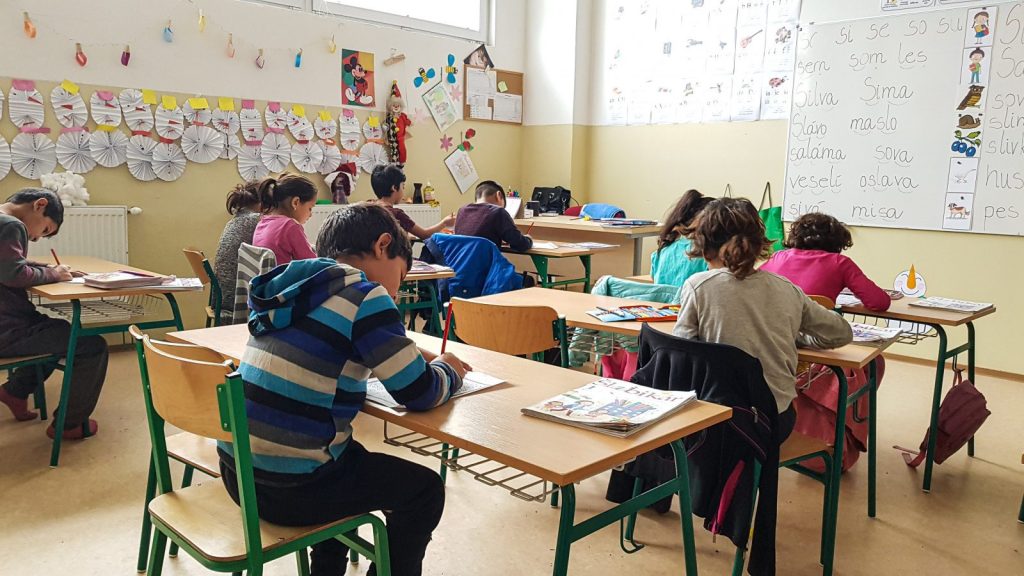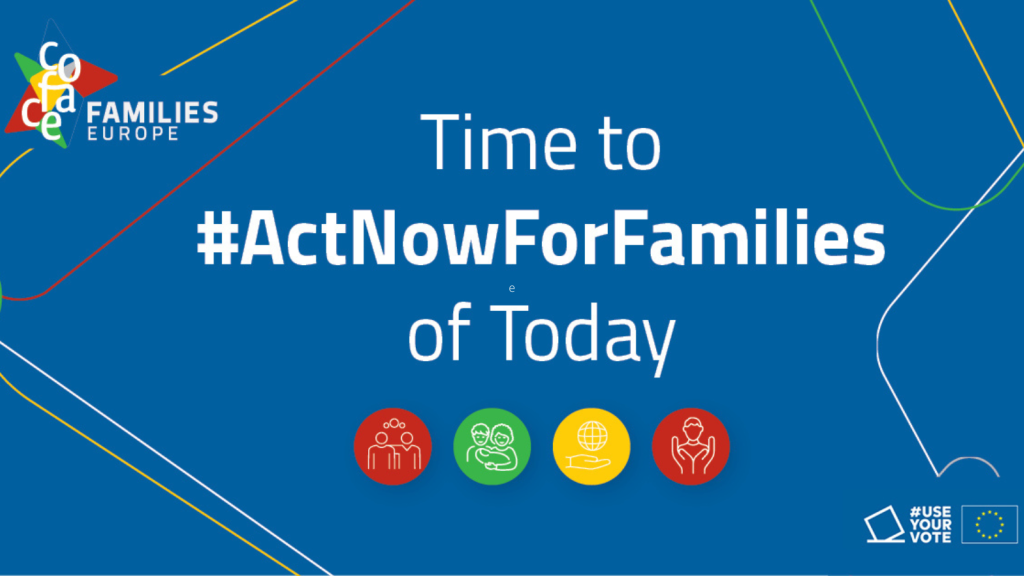This study by the European Centre for Social Welfare Policy and Research (the European Centre) was commissioned by the European Parliament’s Policy Department for Citizens’ Rights and Constitutional Affairs at the request of the Committee on Petitions (PETI).
There are currently 100 million persons with disabilities in the European Union, representing 15% of the total population. Data shows that persons with disabilities are more likely to experience poverty or social exclusion than persons without disabilities (in 2021, 29.7% vs 18.8%). This study brings together available knowledge that recent crises, like the COVID-19 pandemic, and the ongoing energy crisis due to the Russian invasion of Ukraine, together with rising inflation affect persons with disabilities and their families disproportionately.
Findings from literature show that persons with disabilities experience many different extra costs due to disability which can place a significant financial burden on them and their families, leading to increased risk of living in poverty. These extra costs can be direct (e.g., assistive devices, home adaptations), indirect and opportunity costs and relate to general items, such as food or healthcare, or to disability-specific goods and services. The type and level of extra costs depend on the individual’s specific circumstances as well as the environmental and policy context including the extent of public support provided (both monetary and in-kind). The extra costs arising from disability have clear implications for the economic well-being, quality of life and social participation of persons with disabilities. Findings further reveal that persons with disabilities have higher energy needs than other households, and that they use a higher share of energy on basic consumption such as food, gas, electricity, which are the main items driving the current inflation. Consequently, persons with disabilities are often forced to reduce expenses on necessary goods and services resulting in unmet needs, they are more likely to have lower income and are also less protected. A strong association between employment status and lower additional costs of having a disability has been observed, thus EU policies and funds that foster the labour market inclusion of persons with disabilities play an important role.
Over the past years, the EU has adopted legislative and non-legislative instruments to support the social inclusion of persons with disabilities, and several recent initiatives (e.g., the European Green Deal or the Fitfor55 package) are also relevant for persons with disabilities and their families, as they address the issue of energy poverty. In initiatives that respond to the challenges posed by the recent crises, persons with disabilities are considered under the larger category of vulnerable groups/households (see e.g., in the case of energy poverty) and thus remain invisible in policy efforts. As a result of that, a risk is that their specific needs are not taken into consideration by policymakers.
In general, both at EU- and national-level more effort is required to identify and monitor the situation of population groups such as persons with disabilities that are particularly vulnerable to the effects of cost-of-living and energy crises.
You can read the report here.





